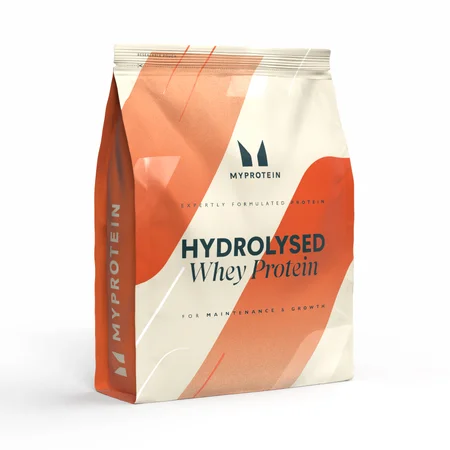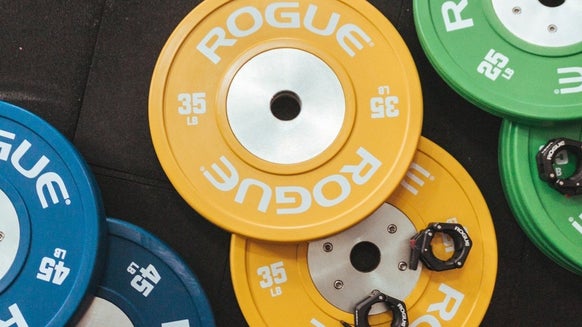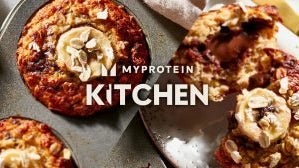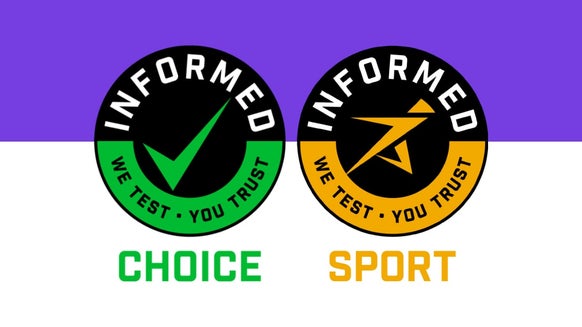What Is Milk Protein?
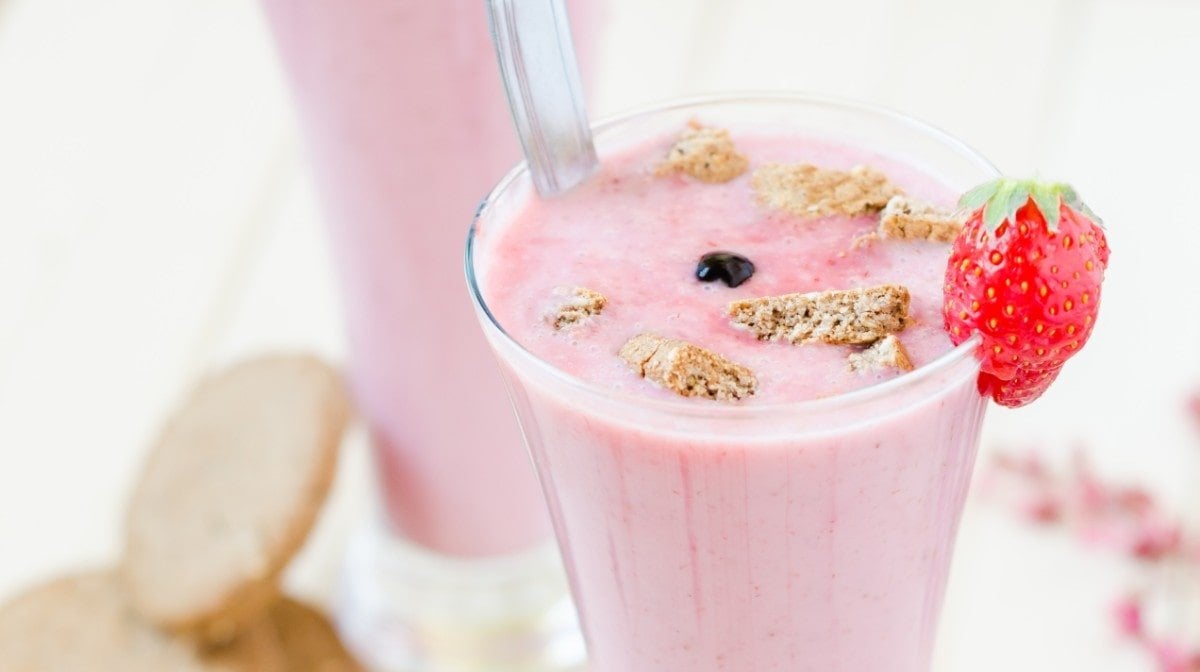
We all know by now that protein is essential to making those all-important gains. But do you actually know what milk protein is? Or what the different types are? Well that's what we're here for.
While there are many ways to achieve your protein intake goals, including milk protein in your meal plan is likely to be one of your first choices.
Milk proteins, including whey and casein, are proven to be effective supplements to complement healthy eating and exercise goals. Milk protein comes from more than just a glass of milk - in addition to other dairy products - like cheese, which often contains a lot of fat and sodium - you can purchase specific types of milk proteins designed to fuel your muscles. Read on to find out about the different types of milk proteins, and how to find the one that is best for you.
What is milk protein?
Milk protein is a collective term for many different proteins that are natural in cow’s milk, including casein and whey proteins. The majority of protein powders on the market are made from milk protein. Cow’s milk contains all of the nine essential amino acids that the human body can’t make on its own, making it an excellent option to boost the protein in your diet and build muscle.
Different types of milk protein
Milk Protein Concentrate
Milk protein concentrate is a term for milk protein that has been ultra-filtered to isolate the product to contain between 40-90% milk protein. It may also have additional protein added, such as extra casein, to boost the concentration of protein per gram.
Casein Protein
When looking at all milk protein, casein makes up more than 70% of the total protein in milk. Casein is the milk protein that digests slowly, making it a great choice for your “bedtime snack” or late evening protein shake. Because our muscles recover over time, casein can support recovery even when we sleep. An average cup of skim milk contains about 8 grams of protein, and between 6 and 7 of those grams are casein.
As well as casein found in every day foods like dairy products like yogurt and cottage cheese, casein protein powder is also readily available as a quick option for long lasting muscle recovery.
Whey Protein
While whey protein is approximately 20% of the protein found in milk, but readily available – it is the liquid leftover in the cheese making process.
Most of the protein powders you’ll see when shopping are whey-based, which is great for targeting recovery right after a workout, thanks to its quick-digesting nature. Whey proteins come in various concentrations, based on the levels of processing – concentrate, as mentioned above, isolate – where other non-whey compounds are removed, and hydrolysate.
Hydrolysed Protein
Hydrolysed protein means it is partially broken down - protein molecules are long chains of amino acids, and the hydrolysis process breaks them into shorter chains or evening single molecules.
But why would this be desirable? If the protein is already partly broken down before you take it, your body has to do less work to break it down during the digestion process, and it is more readily available for absorption - speeding the recovery process.
Who should use milk protein?
Milk protein is ideal for anyone who wants to boost their protein intake. Milk protein sources are affordable, widely available, and come in many different flavours.
Athletes can use milk protein in their shakes to recover straight after a workout. Milk protein is great to add to a breakfast smoothie or meal replacement shake for someone who is trying to lose weight, or a great addition to add protein and calories on top of their regular meals for someone trying to gain weight.
What are the benefits?
The benefits of milk protein are the same as for any other protein source - muscle recovery after a workout, building muscle (which can lead to increased strength), and general health. Our muscles are constantly being broken down and built up; making sure we have adequate protein in our diet makes sure the muscle tissue has all of the necessary building blocks to stay healthy.
Milk protein can protect lean body mass during a calorie deficit, helping with weight loss, and can make you feel fuller, which helps reduce overeating.
Because milk protein contains all of the essential amino acids, it's also an appropriate protein supplement for vegetarians who don’t eat meat, and a cost-effective source of protein for those on a budget. If you're in need of some shake inspo, read the article below next.
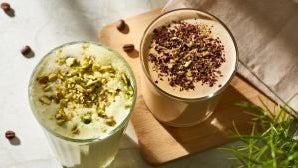
High Protein Shakes To Boost Your Daily Intake & How To Make Them
Your daily protein shake will never be boring again.
Are there any side effects?
The only potential side effects of using milk protein would occur in those with milk protein allergies. Often milk proteins don’t bother those who are lactose intolerant (because lactose is the sugar in milk, which is mostly removed from processed milk protein products).
Vegans would likely avoid milk proteins as they are made from cow’s milk.
Take Home Message
Milk proteins are a popular supplement for good reason - they come in two complementary forms for immediate and long recovery, there are many different flavours and concentrations, they can be used on the go and are affordable.
READ THESE NEXT:

Claire is a Registered Dietitian through the Academy of Nutrition and Dietetics and a board-certified Health and Wellness Coach through the International Consortium for Health and Wellness Coaching. She has a Bachelor of Science in Biology and a Master’s degree in Clinical Dietetics and Nutrition from the University of Pittsburgh.
Talking and writing about food and fitness is at the heart of Claire’s ethos as she loves to use her experience to help others meet their health and wellness goals.
Claire is also a certified indoor cycling instructor and loves the mental and physical boost she gets from regular runs and yoga classes. When she’s not keeping fit herself, she’s cheering on her hometown’s sports teams in Pittsburgh, or cooking for her family in the kitchen.
Find out more about Claire’s experience here.


